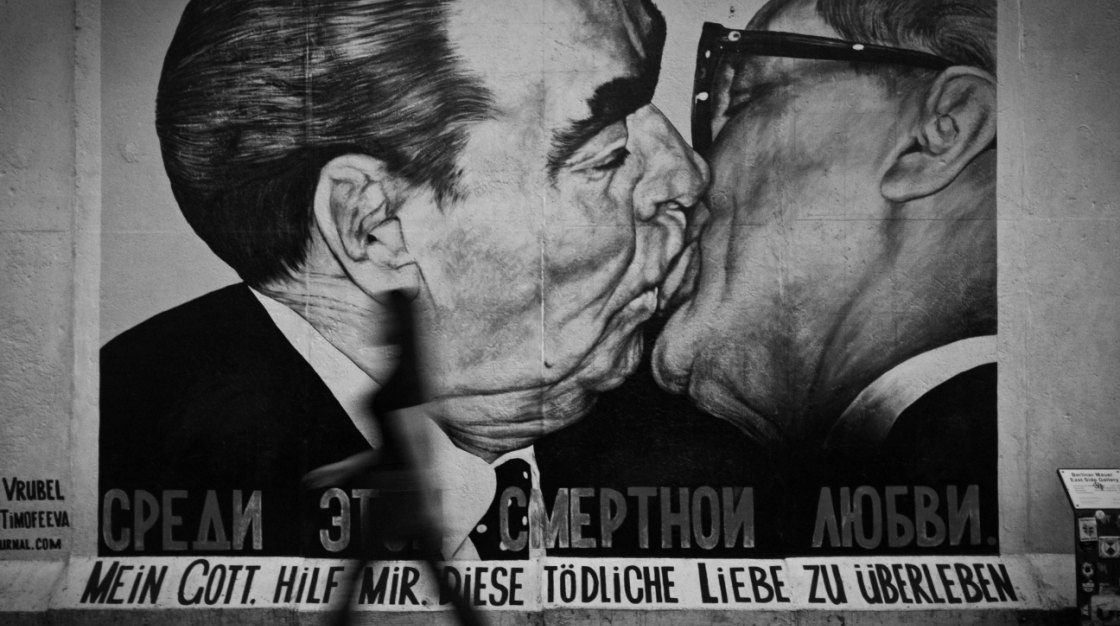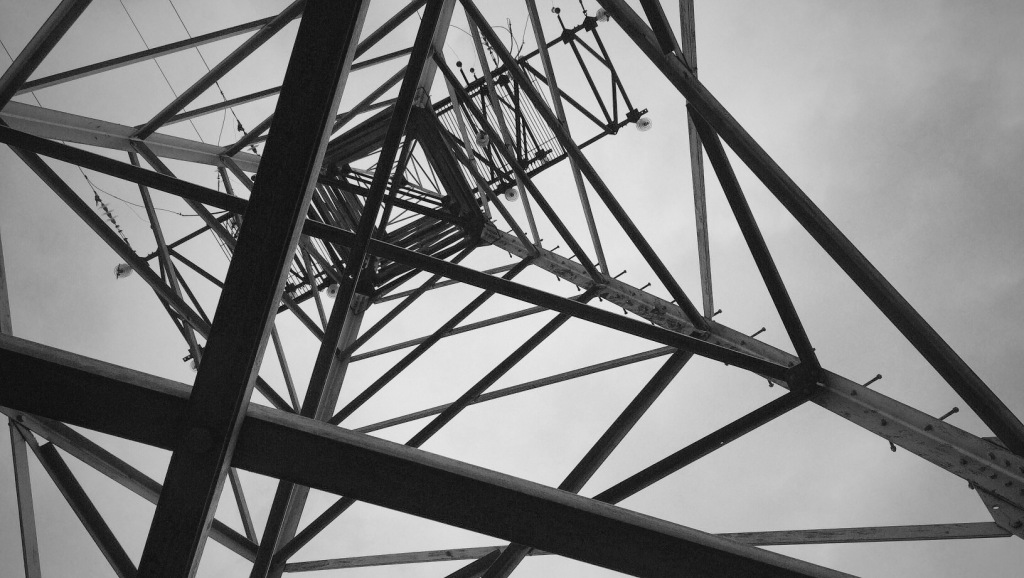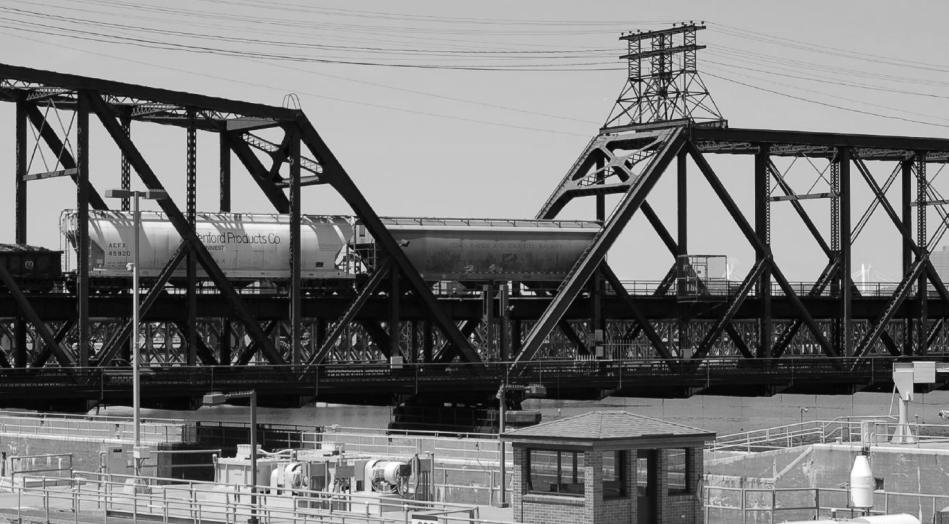The Berlin Wall provides a unique natural experiment for identifying the key sources of urban development. This research, for which its authors have recently been awarded the prestigious Frisch Medal, shows how property prices and economic activity in the east side of West Berlin, close to the historic central business district in East Berlin, began to fall when the city was divided; then, during the 1990s, after reunification, the same area began to redevelop. Theory and empirical evidence confirm the positive relationship between urban density and productivity in a virtuous circle of ‘cumulative causation’. The analysis has practical applications for urban planners making decisions on housing and transport infrastructure.
infrastructure
Infrastructure investment and regulation: evidence from the US electricity distribution sector
Regulated utilities are tasked with investing in the electricity distribution system in a way that delivers a reliable power service. This research explains how the regulatory process in the United States leads to under-investment in such infrastructure and too many power outages. The findings show how the politics of the regulatory environment can sometimes help and sometimes harm the problem of under-investment.
Economic benefits of transportation infrastructure: historical evidence from India and America
Dave Donaldson is an empirical trade economist and recipient of the 2017 John Bates Clark Medal. His research examines the intersection of international trade and development economics. Donaldson’s paper “Railroads of the Raj: Estimating the Impact of Transportation Infrastructure?” (American Economic Review, forthcoming) investigates the economic benefits from building transportation infrastructure studying the case of railways in 19th century India. This paper is widely viewed as both a methodological breakthrough and substantively important paper in the field. The article below provides a summary of his work.








